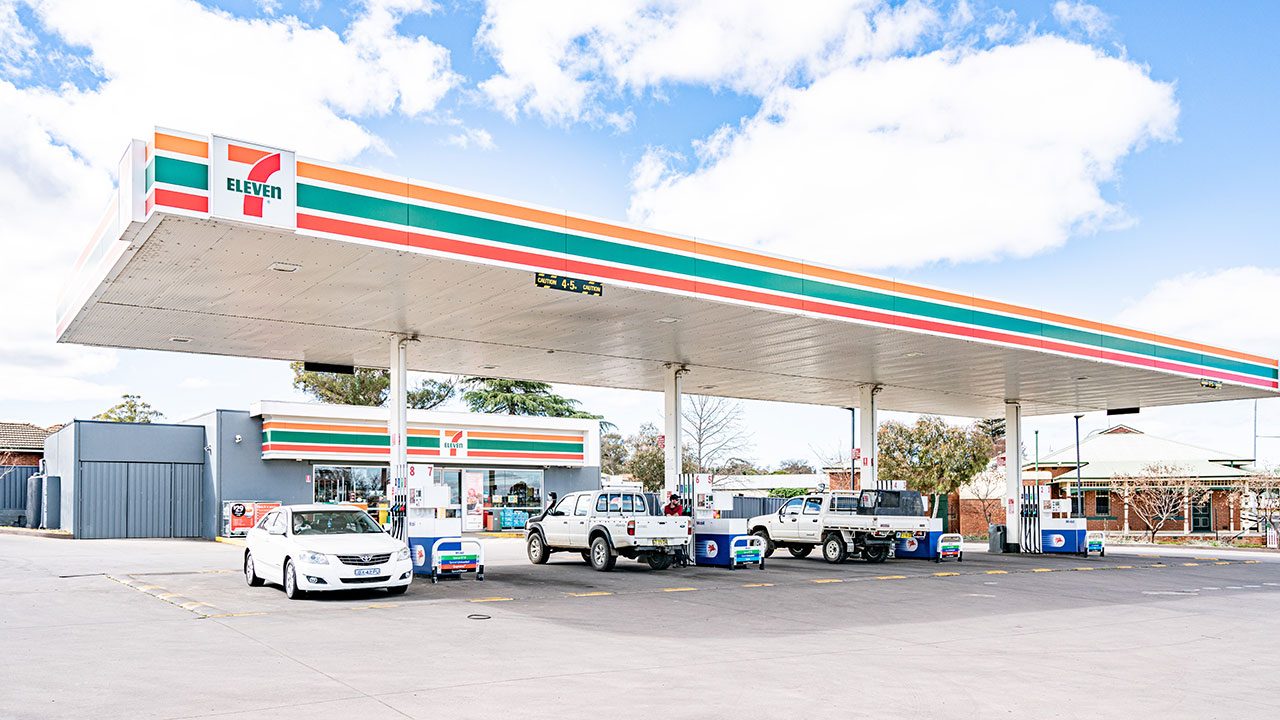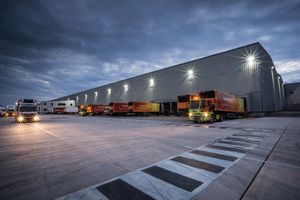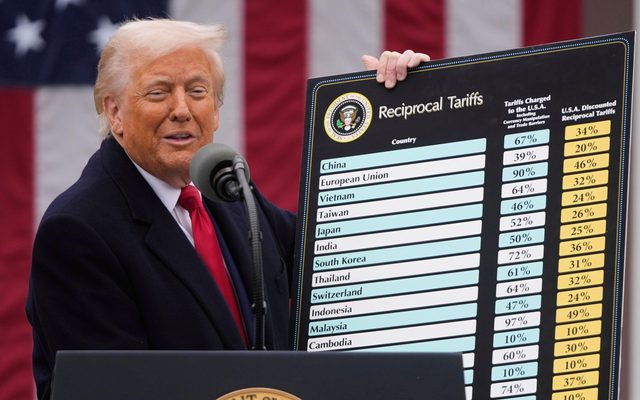This article is from the Australian Property Journal archive
THREE roadside retail assets in just two weeks, with the combined $50 million in transactions reflecting the increased demand for the resilient asset type.
JLL managed the sale of the multi-tenanted Jenke Park at 60 Jenke Circuit in Kambah for $18.1 million, 7-11 Bathurst for $6.55 million and 2074 Camden Valley Way in Edmondson Park for circa $23 million. as investors continue to seek out defensive investments.
Dylan McEvoy and Gordon McFadyen, capital markets directors at JLL, NSW managed the deals, with each of the landholdings boasting long-term blue-chip leases, with optimal placement on major arterial roads, in addition to future development potential.
“The lure of these sites come from their income security and resilience to economic downturns, and the market is reacting accordingly. The current low interest rate environment combined with low supply is driving investor demand and in turn yield compression for these types of assets in NSW,” said McFadyen.
Convenience retail experienced a boom in 2020, with sales totalling in excess of $9 billion over 7,000 assets, according to the Australian Association of Convenience Stores.
“Roadside retail assets attract investors with their national tenants, lease structure, secure guarantees and typically fixed income growth. These assets are often located in high profile/exposure positions which lend the assets to long term redevelopment potential if tenants ever left,” said McEvoy.
Demonstrating the ongoing strength of convenience retail, a Queensland-based family recently spent $23 million for a western Sydney Ampol-anchored retail convenience centre in one of the highest prices ever paid for a service centre in the state.
While Charter Hall Retail REIT acquired a 49% interest in 20 Ampol fuel and convenience retail centres for $50.5 million, with Ampol placing 18 of its surplus fuel station sites up for sale in October.
“We are continuing to see strong market activity and competition for roadside retail assets, as investors demonstrate their confidence in assets of a typically a secure nature. The investor profile is broad, with high-net-worth private families, family trusts, investment managers, syndicators and property funds all actively investing in roadside retail,” said McEvoy.





